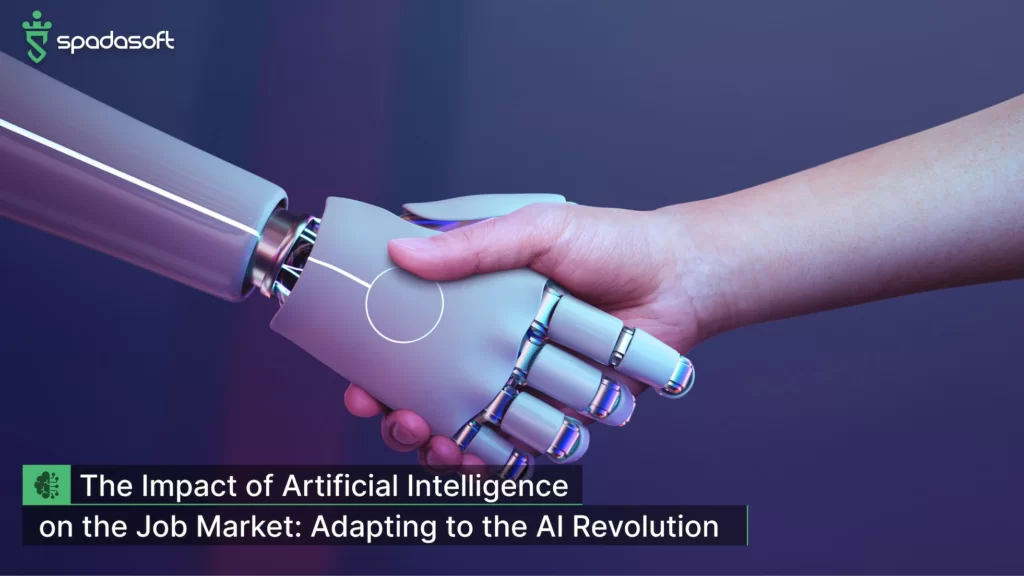In recent years, the rise of artificial intelligence (AI) has sparked significant discussions and debates about its impact on various aspects of our lives. One area that has particularly drawn attention is the job market. As AI advances, there is growing concern about how it will affect employment opportunities and the skills required in the workforce. Integrating AI technologies into industries has already started reshaping job roles and responsibilities. Routine and repetitive tasks humans once performed are now automated, allowing companies to streamline operations, reduce costs, and enhance productivity. This has led to fears of widespread job displacement and unemployment.
However, it is essential to note that while AI may eliminate specific jobs, it also has the potential to create new opportunities. As AI systems become more sophisticated, they require human oversight, maintenance, and fine-tuning. This demands skilled professionals to develop, implement, and manage AI technologies. Moreover, AI is driving the emergence of entirely new job roles and industries. Roles such as AI trainers, data scientists, machine learning engineers, and AI ethicists are gaining prominence. These positions require technical expertise, critical thinking, and creativity, highlighting the need for individuals to upskill and adapt to the evolving landscape continuously.
The impact of AI on the job market is not limited to specific industries. It affects many sectors, including manufacturing, healthcare, finance, customer service, transportation, etc. While some jobs may be at risk, new avenues for employment are opening up. Individuals and organizations must embrace lifelong learning and reskilling initiatives to navigate this changing landscape. Upskilling in areas that complement AI, such as data analysis, programming, and cognitive abilities, can help individuals remain competitive and adapt to the evolving needs of the job market.
Additionally, policymakers and educational institutions are vital in preparing the workforce for the AI-driven future. Collaboration between industry and academia can facilitate the development of specialized training programs, certifications, and educational curricula that align with the demands of the evolving job market.
In conclusion, the impact of AI on the job market is undeniable. While it may lead to job displacement in certain areas, it also presents new opportunities and creates the need for a highly skilled workforce. Adapting to this changing landscape requires proactive efforts from individuals, organizations, and policymakers to ensure a smooth transition and maximize AI’s benefits to the job market and society.

